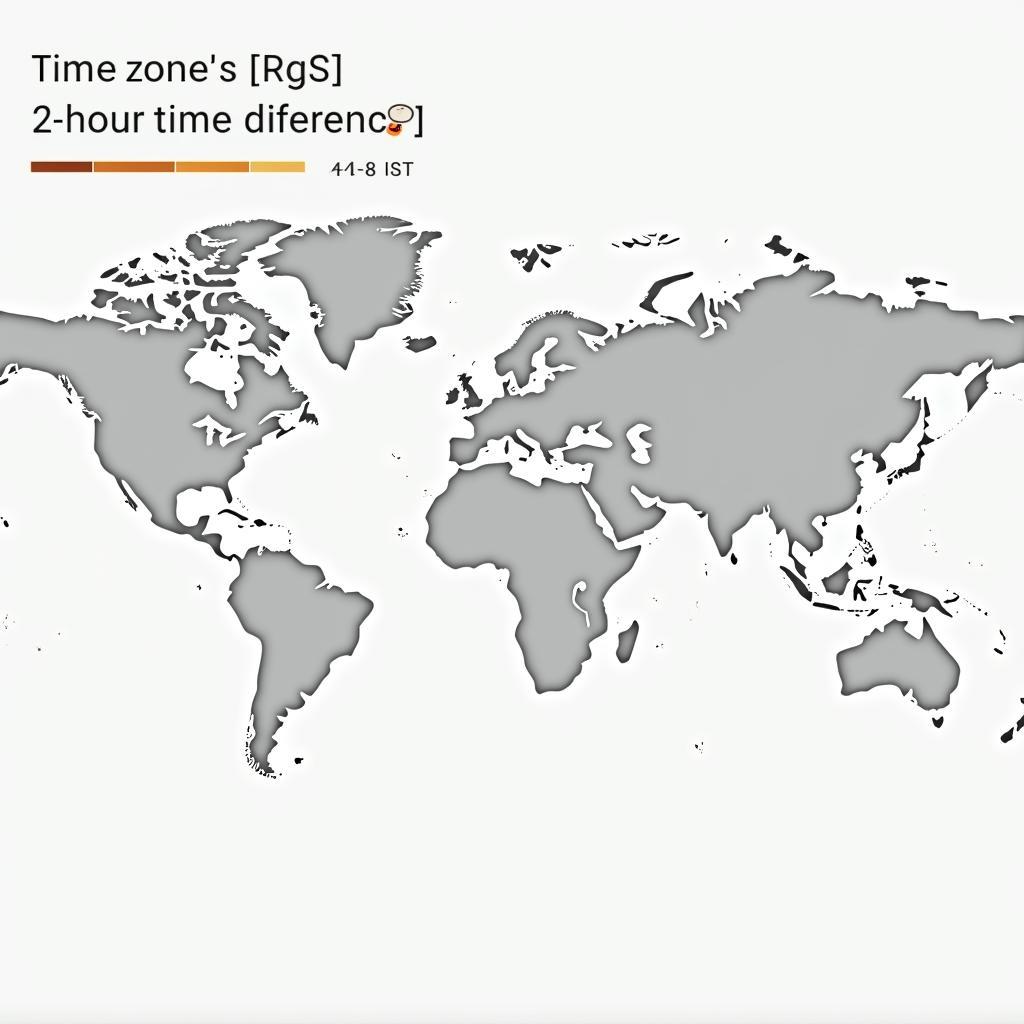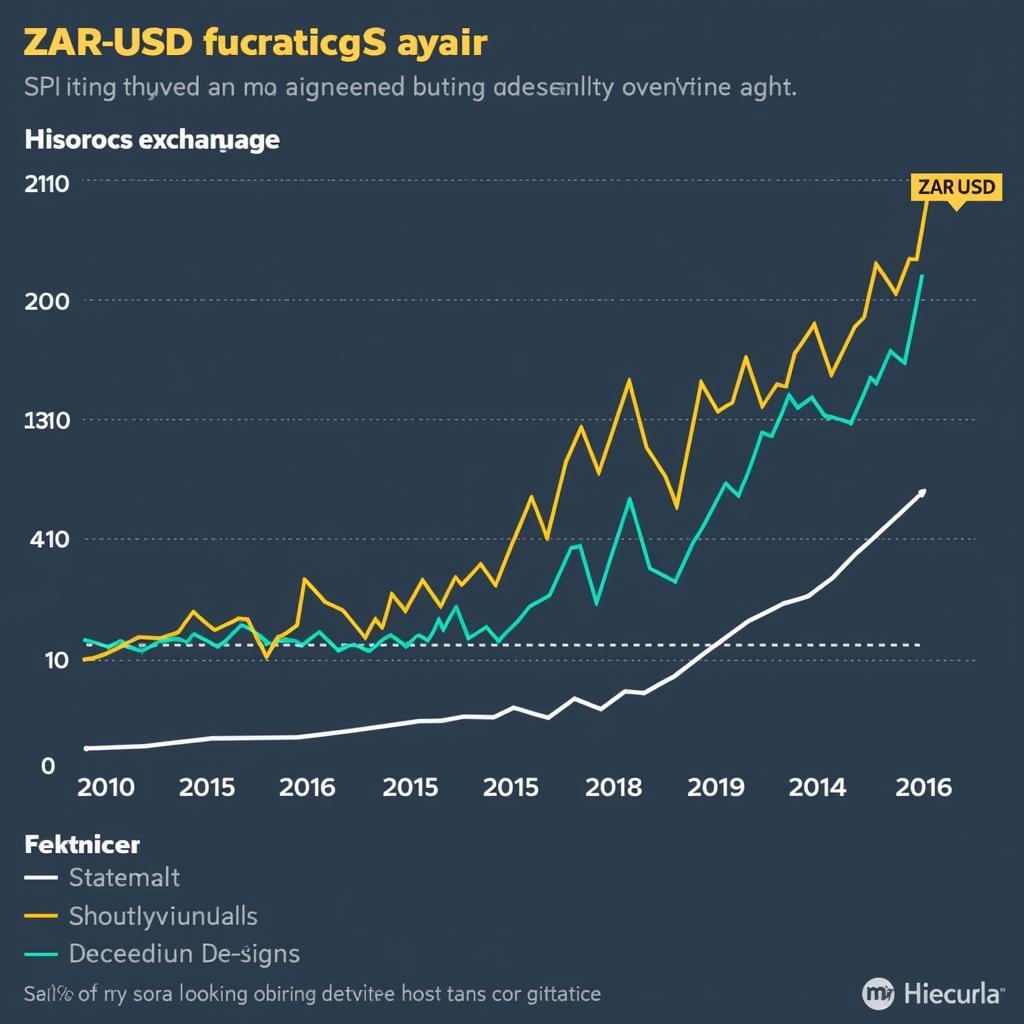Unveiling the African Rand: A Comprehensive Guide
The African Rand (ZAR) is more than just a currency; it’s a symbol of South Africa’s vibrant economy and rich history. From its origins to its current role in global finance, understanding the rand provides a unique lens through which to view South Africa’s journey. This article explores the intricacies of the African Rand, its influence, and its significance in the global economic landscape. We’ll delve into its history, current exchange rates, and its role in international trade, offering valuable insights for anyone interested in African economics and finance.
A Brief History of the African Rand
The South African Rand was introduced in 1961, coinciding with the establishment of the Republic of South Africa. It replaced the South African pound, marking a significant shift in the nation’s identity. The name “Rand” derives from the Witwatersrand (meaning “white waters ridge”), the region where gold was discovered in the late 19th century. This discovery not only shaped South Africa’s economic trajectory but also directly influenced the birth of its currency. You can find out more about current exchange rates, like the usd to south african rand.
The rand’s early years were marked by relative stability, backed by the country’s substantial gold reserves. However, the apartheid era brought about international sanctions and economic isolation, impacting the rand’s value. The post-apartheid period saw a fluctuating rand, influenced by global economic trends and domestic political developments.
The Rand’s Role in the South African Economy
The rand plays a crucial role in South Africa’s economy, facilitating trade and investment. It is the legal tender in the country and is used for all domestic transactions. The South African Reserve Bank (SARB) manages the rand’s monetary policy, aiming to maintain price stability and promote economic growth. The SARB’s interventions in the foreign exchange market aim to mitigate excessive volatility and ensure the rand’s sustainable value.
The rand’s value has a significant impact on the cost of imports and exports. A strong rand can make imported goods cheaper, benefiting consumers. Conversely, a weaker rand can boost exports by making South African products more competitive in international markets. Understanding these dynamics is crucial for businesses engaged in international trade, especially those dealing with conversions like 1 african rand in indian currency.
Factors Influencing the African Rand’s Value
Several factors influence the rand’s value against other currencies. These include:
- Global economic conditions: International economic growth, interest rates, and commodity prices all play a role.
- Domestic economic performance: South Africa’s GDP growth, inflation rate, and unemployment levels are key factors.
- Political and social stability: Political uncertainty and social unrest can negatively impact investor confidence and the rand’s value.
- Commodity prices: As a major exporter of commodities like gold and platinum, fluctuations in these prices can significantly influence the rand.
What Affects the Rand’s Exchange Rate?
Several factors contribute to the fluctuations in the Rand’s exchange rate, including global economic conditions, South Africa’s economic performance, political and social stability, and commodity prices.
The Rand in International Trade
South Africa is a significant player in international trade, and the rand plays a vital role in facilitating these transactions. The country trades with various nations across the globe, with key partners including China, the United States, and European countries. The rand’s exchange rate against major currencies, like the US dollar and the Euro, impacts the price of goods and services traded internationally.
For individuals and businesses involved in cross-border transactions, staying informed about the rand’s exchange rate is essential. This is particularly relevant for those dealing with conversions such as 250 south african rand in rupees. Understanding these fluctuations can help businesses make informed decisions about pricing, investments, and risk management.
The Future of the African Rand
The African Rand continues to face challenges and opportunities in the evolving global economic landscape. South Africa’s economic growth, political stability, and the global demand for its commodities will all influence the rand’s future trajectory. Understanding these dynamics is crucial for investors, businesses, and anyone interested in African economics.
What is the outlook for the South African Rand?
The future of the Rand is tied to South Africa’s economic performance and global market conditions. While challenges persist, opportunities exist for growth and stability. If you are interested in converting larger amounts, resources are available to help you understand how much 1000 south african rand inr is worth.
Conclusion
The African Rand stands as a testament to South Africa’s economic journey. From its gold-backed origins to its current role in global trade, the rand’s story is interwoven with the nation’s history. Understanding the African rand provides valuable insights into the South African economy and its place in the global financial system. Staying informed about the factors influencing its value is essential for anyone involved in international trade or investment related to South Africa.
FAQ
- What is the symbol for the South African Rand? (ZAR)
- Who controls the South African Rand? (The South African Reserve Bank)
- When was the Rand introduced? (1961)
- What is the current exchange rate of the Rand against the US dollar? (This fluctuates and can be found on financial websites.)
- What factors influence the Rand’s value? (Global economic conditions, South Africa’s economic performance, political stability, and commodity prices.)
- Is the Rand a strong currency? (Its strength fluctuates relative to other currencies.)
- Where can I exchange South African Rand? (Banks, currency exchange bureaus, and online platforms.)
Other Questions You Might Have
- How does the Rand compare to other African currencies?
- What is the impact of inflation on the Rand’s value?
- How can I invest in Rand-denominated assets?
For support, please contact Phone Number: +255768904061, Email: [email protected] Or visit us at: Mbarali DC Mawindi, Kangaga, Tanzania. We have a 24/7 customer support team. If you need to convert 67 usd to south african rand, we can assist you.



